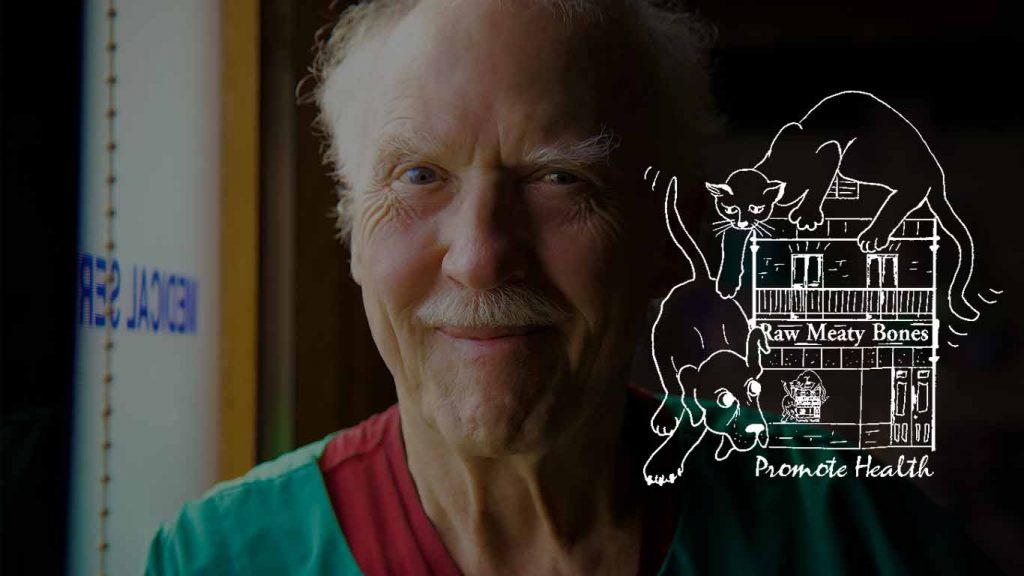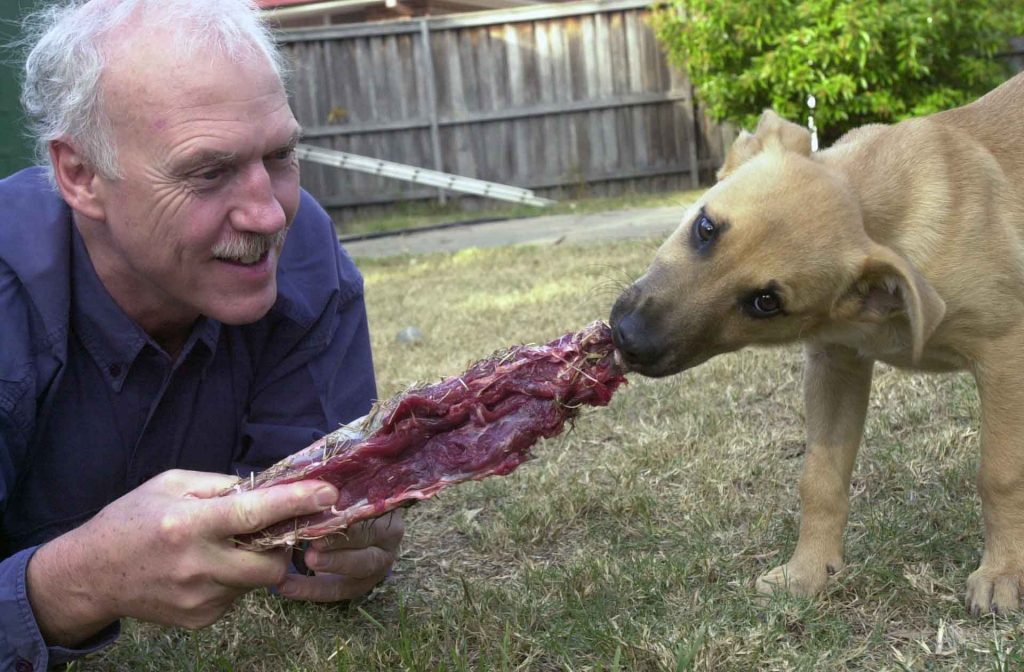Vet Practice magazine tells us:
Vets are four times more likely to die of suicide than the general population and two times more likely than any other healthcare profession. These risks are associated with a high-stress working environment with poor work-life balance due to long hours, demanding work, unsociable hours, and on-call work which form part of the day-to-day work of veterinarians.
‘Suicidal ideation, in the absence of another diagnosis, is quintessentially associated with major clinical depression.’ Let’s be clear, vets are given to self-doubt, even self-loathing, because of perceived failings. We get depressed when, despite our best efforts, pets die. We get depressed when pets with chronic diseases return time and time again. It’s like sitting at the sushi train, except that we have no appetite for another unsatisfactory encounter with the frustrated owner of an itchy dog, or arthritic dog or a cat with chronic recurring diarrhoea.
I don’t know, I don’t have the figures, but it’s my guess that once vets subscribe to the wonderful new revolution in pet feeding, the sushi train of diseases will falter and slow down. Instead of a high-stress working environment, it will become a place of solutions and a place of joy.
(Extract from Multi-Billion-Dollar Pet Food Fraud: Hiding in Plain Sight, Chapter 12 Sparking the revolution)



